Have you heard the term PII but weren’t sure what it meant? Or why and how it needs to be protected?
Whether browsing the internet, placing an online order, or downloading a new app, almost everything you do requires sharing some of your personal information. From your name, mailing address, and contact number to passwords and banking data – the digital world has access to sensitive information about its users that you must protect.
That’s where PII comes in.
Table of Contents
What Does PII Mean?
PII, or Personally Identifiable Information, is a term used to refer to any data that can be used to identify an individual. PII includes information such as names, addresses, social security numbers, dates of birth, and financial account numbers. It also includes biometric data like fingerprints or facial recognition scans.
All this data is highly sensitive and needs to be handled with care. That’s why it’s important to understand what PII is and how to protect it.
Why Should You Protect Personally Identifiable Information?
Protecting PII is important for several reasons. It helps prevent identity theft, as attackers can use stolen PII to gain access to bank accounts or other sensitive information. It also helps protect your personal privacy and prevents unauthorized access to confidential information.
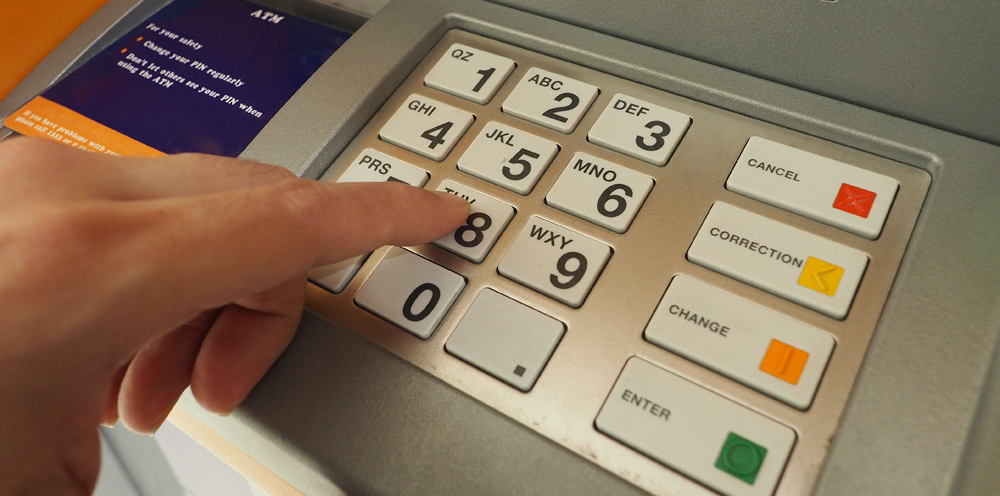
How To Protect PII?
To protect PII, organizations should implement a comprehensive security strategy. This should include strong authentication measures, encryption of sensitive data, security policies and procedures, regular security audits, privacy policies, and employee training. Organizations should also ensure they comply with applicable data protection laws and regulations. Employee personnel records should also be kept secure and updated as needed.
• Use strong, unique passwords for all accounts. Passwords should be at least eight characters long and include a mix of upper and lowercase letters, numbers, and special characters.
• Be careful when giving out your PII online. Don’t provide PII unless you are sure the website is secure and the information will be protected.
• Monitor your accounts for suspicious activity. Monitor your bank and credit card statements for unauthorized purchases or other activities.
• Be aware of phishing scams. Phishing emails are crafted to look like legitimate messages from banks or other companies, but they are designed to steal your PII. If you receive a suspicious email, do not click links or provide any information.
• Secure your devices. Ensure all your computer and phone devices are password protected, and use antivirus software to protect them from malware and viruses.
It is also important to comply with data privacy regulations like the General Data Protection Regulation (GDPR) and the California Consumer Privacy Act (CCPA). Companies that fail to protect PII can face hefty fines and other penalties.
Types of Personally Identifiable Information

Several different types of data can be used to identify an individual. This includes their name, address, phone number, and email address. It also includes unique identifiers such as Social Security, driver’s license, and passport numbers.
Credit Card Information
Credit and debit card information contains sensitive types of data. This includes card numbers and information like the cardholder’s name, billing address, and expiration date. All this information must always be kept secure to protect against identity theft, fraud, and other malicious activities.
Financial institutions and businesses should employ strong security measures to protect credit and debit card information. They should also keep up with the latest data security standards and compliance requirements, such as the Payment Card Industry Data Security Standard (PCI DSS). If an attacker gains access to financial transactions, they could use this data to carry out financial fraud.
Biometric Records
Biometric records are unique to each individual and provide an extra layer of security for verifying identity. Biometric data like fingerprints, facial recognition scans, and iris scans also fall under the category of PII. With biometric data, there’s no risk of someone stealing or using your information without your explicit consent.
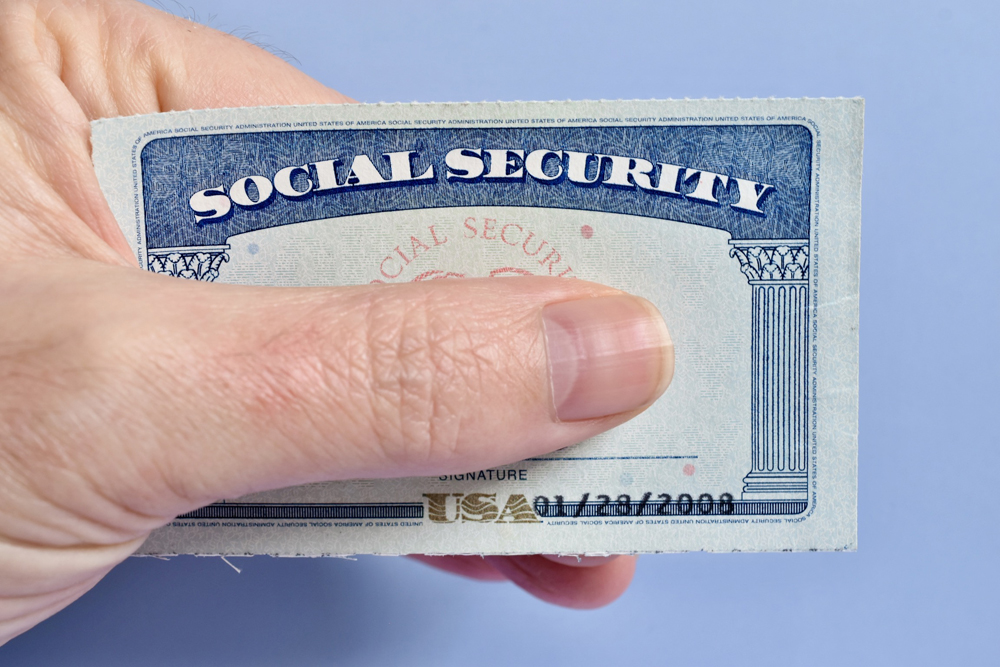
Social Security Number (SSN)
Regarding PII, Social Security numbers are some of the most critical pieces of information. Your SSN is unique to you and can be used to access various important services, from applying for a loan or credit card to filing taxes.
This means that protecting your SSN is vital to protect your identity and financial accounts. Ensure you keep your SSN secure by not sharing it with anyone, even if they say they need it for a legitimate purpose. Additionally, be sure to shred documents that contain your SSN before disposing of them.
Email Addresses and IP Addresses
Email and IP addresses are two other pieces of data that should be protected. Attackers can use email addresses to gain access to sensitive accounts, while IP addresses can reveal your location and other personal information.
Using a strong password is the best way to protect your email address. Additionally, you should enable two-factor authentication if it’s available. Use a virtual private network (VPN) whenever possible to mask your location for IP addresses.
Personal Identification Numbers (PINs)
When it comes to PII, Personal Identification Numbers (PINs) are another important piece of data that should be carefully guarded. A PIN is a unique code generated by your bank or credit card issuer that can be used to access accounts and make purchases. It’s typically four to six digits long, and protecting it from unauthorized access is essential.
Since a PIN is so personal, it’s best not to share it with anyone, including family members or trusted friends. Also, choose a PIN that can’t easily be guessed and avoid writing it down.
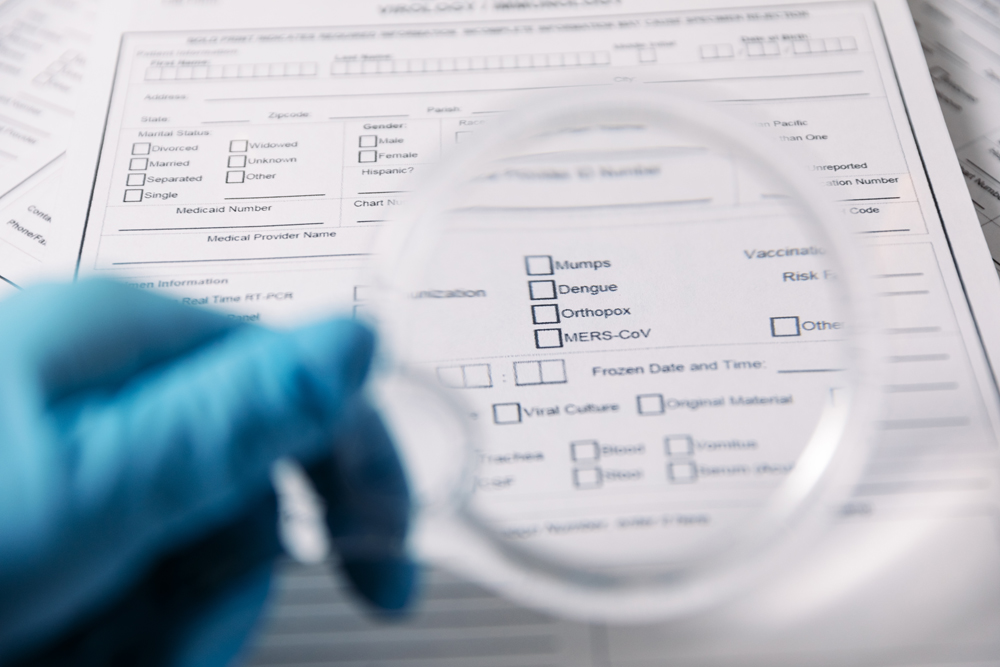
Medical History and Records
Medical History and Records are a key component of PII, as they contain personal information about an individual’s medical condition. This includes diagnoses, treatments, medications, lab results, sexual orientation, and other health-related data. This information should be kept secure to protect your privacy and prevent unauthorized access.
To ensure that your medical records are properly protected, consider using secure online portals or apps provided by your doctor or healthcare provider. You’ll also want to shred paper documents that contain your medical information before disposing of them.
The Scope of PII Protection Laws and Regulations
The scope of PII protection laws and regulations is vast, so it’s important to familiarize yourself with them to keep your personal information safe. Several laws and regulations are designed to protect PII from unauthorized access and misuse from the federal to the state level.
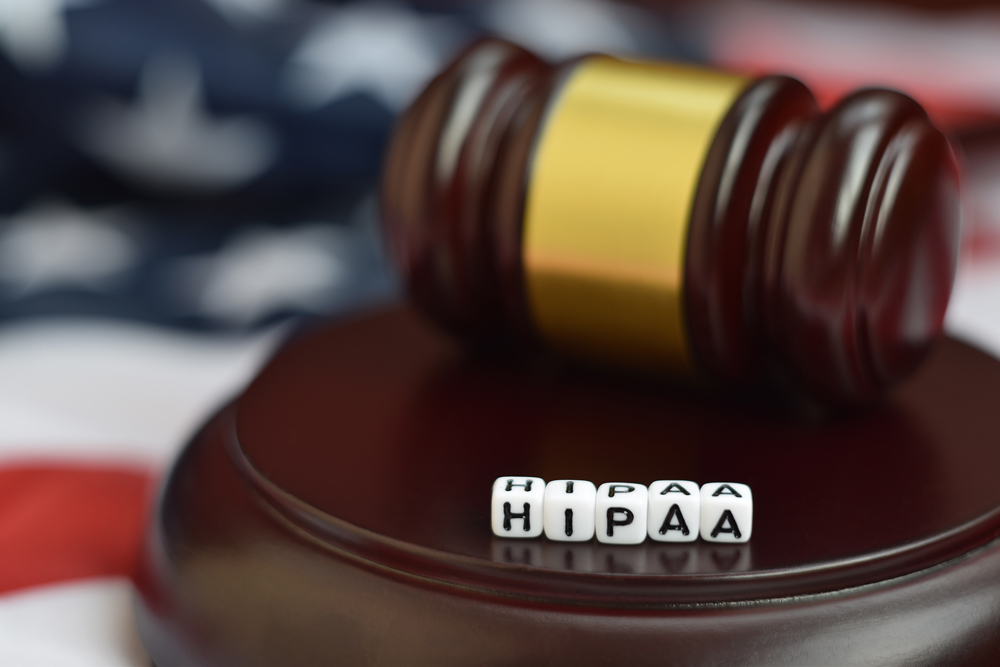
Privacy Laws in the US and Abroad
When protecting your PII, it’s essential to understand the privacy laws in place in the US and abroad. At home, the federal government has enacted many laws and regulations to protect personal information from unauthorized access and misuse. The Privacy Act of 1974 is one such law that sets out guidelines for the collection, storage, use, and dissemination of records containing PII. The Health Insurance Portability and Accountability Act (HIPAA) also sets out regulations for protecting medical information.
Not only is it important to understand the laws and regulations that protect PII, but it’s also vital to follow ethical requirements when handling this type of data. This includes exercising caution when collecting sensitive information from individuals, using secure networks and encryption techniques to protect data, and ensuring that all personnel who access the data do so in a responsible manner. Additionally, organizations should have a clear policy on how long they will retain PII and what will be done with it once it’s no longer needed.
Government Agencies’ Files and Data
Government agencies have many data and files containing PII, such as Social Security numbers, banking information, and medical records. These agencies need to protect this data to ensure the privacy of individuals.
To do so, federal agencies must have robust security measures like encryption, access control lists, and two-factor authentication. Federal agencies must also regularly audit their systems to detect any potential breaches.
Wrapping Up
Wrapping up, it’s clear that PII is an important asset to protect. Keeping this data safe requires understanding the laws and regulations that protect it and implementing security measures for storing and transmitting the information.
Data privacy doesn’t have to be a headache – get an expert team on your side! Our managed services provider will craft a solution tailored to your company, guarding your sensitive information securely. Whether it’s sales transactions or personal details, we’ll customize a protective framework to suit your unique goals and objectives. Start now for total data confidence – with us in the driving seat, you can relax!
If you have questions about Personally Identifiable Information, please contact one of our data privacy experts for assistance.

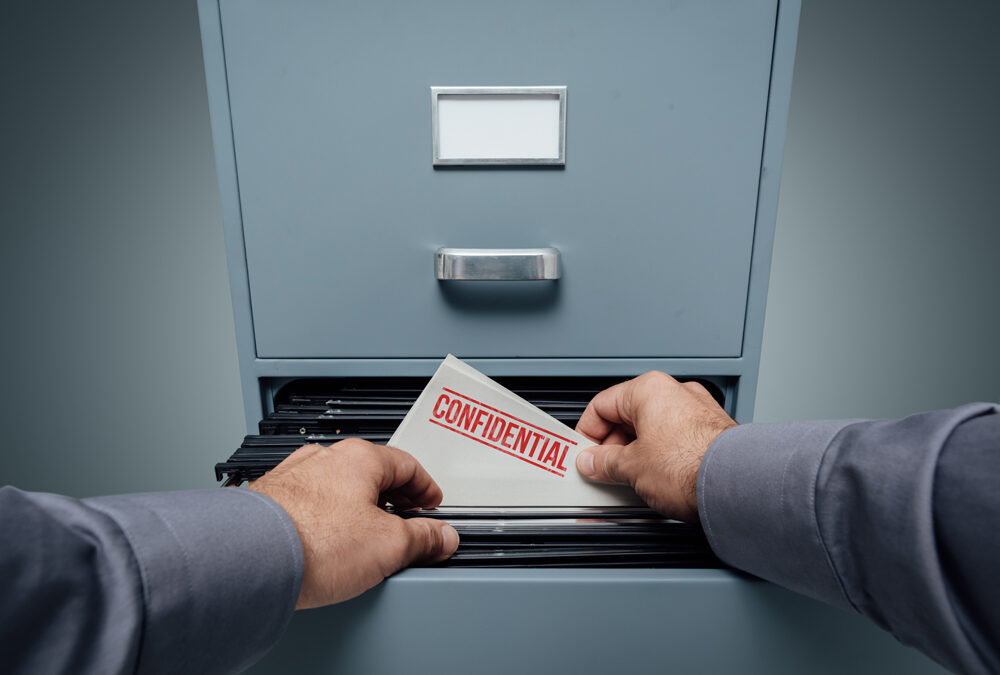
Recent Comments